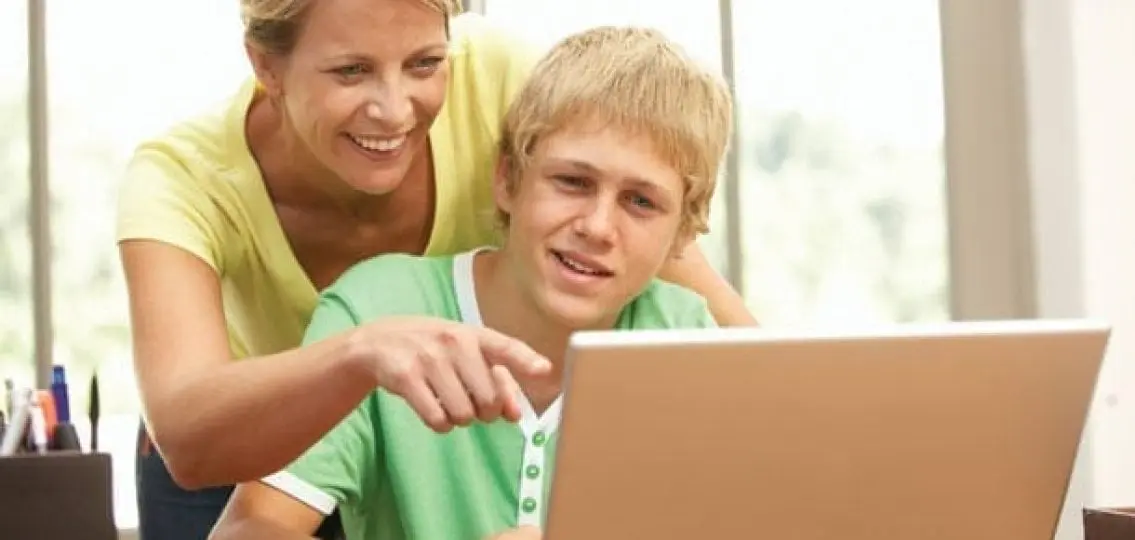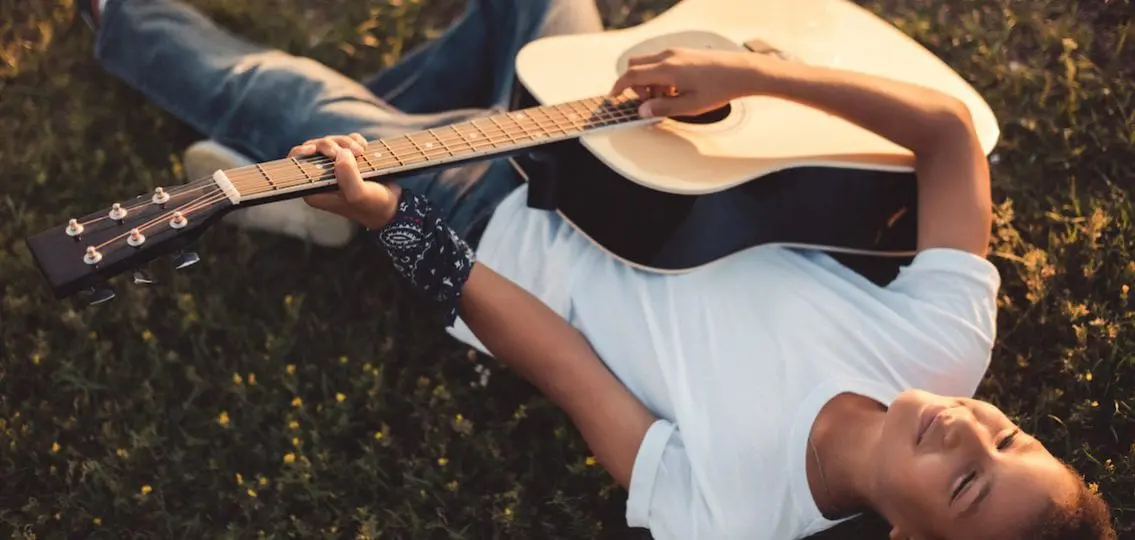Sometime in middle school, Zephaniah Galloway noticed that her peers treated her differently. Although she is African-American and grew up in a predominantly black community, she did not fit in.
She says, “I kind of had the feeling that I was not black enough. People would always ask me, ‘Are you really black? Did white people raise you?’ They didn’t understand why I didn’t like the same things they liked, or why I liked so-called ‘white’ things, like classic rock music or vegetarian food.”

The jokes her peers made about her being an “Oreo” hurt, even though she sometimes laughed along with them. She tried adopting their interests and attitudes but continued to feel lonely and disconnected.
Her mother was worried. “There were no friends who came over,” says Sadigoh Galloway, a social worker. “There was no social life or recreation that I could see. I was concerned about her happiness.”
It’s not an uncommon experience, of course. At some point in adolescence, most teens feel excluded from their peers. And like most teens, Zephaniah chose not to talk about it with anyone.
Instead, she continued to isolate herself and hide her hurt feelings—until the day she put them on paper.
One of her high school advisors encouraged her to enter Stop The Hate essay contest sponsored by the Maltz Museum of Jewish Heritage. Students are asked to share their stories about how they have dealt with intolerance or exclusion.
It felt good to put her feelings into words—but when Zephaniah learned her essay had been chosen as one of the finalists in the competition, she had new concerns.
“I was so nervous about reading it,” says Galloway. “I thought, is my family going to be mad at me?” Instead, something transformative happened as a result of sharing her story. Not only did she win a $40,000 college scholarship funded by the Maltz Family Foundation, but also she discovered a whole group of friends and supporters.
“After people read my essay, I found out there are other people out there who feel this way,” says Galloway. “A girl from my high school reached out to me on Twitter and told me she was having the same experience and was so glad to have someone to relate to. And my younger brother told me I had inspired him to be himself in front of other people.”
“Many young people feel a lack of agency in their world,” says Jeffery Allen, former director of education and public programs at the Maltz Museum. “But sharing their stories and taking a stand for what’s right can be very empowering. Connecting with others in this way provides an opportunity for communal healing and reflection.”
Katie Hurley, a Los Angeles psychotherapist and author of No More Mean Girls, encourages the teens she works with in group sessions to write down and share their feelings for this very reason.
“There is absolutely something magical about putting your words down. You can choose whether or not you’re going to share them with others,” says Hurley.
“There is the emotional relief of getting all those feelings out on paper. You can bring them to the surface and give them meaning.”
Hurley asks the teens in her group if anyone would like to share what they wrote. “All it takes is one brave person to speak, and the others will open up,” she says. “Once they hear a story that resonates with them, they realize they are not alone in the world.”

Sadigoh Galloway is proud her daughter had the courage to be that brave voice. “I see a sense of freedom and peace in her,” she says. “The very thing that was making her feel isolated now makes her feel included.”




